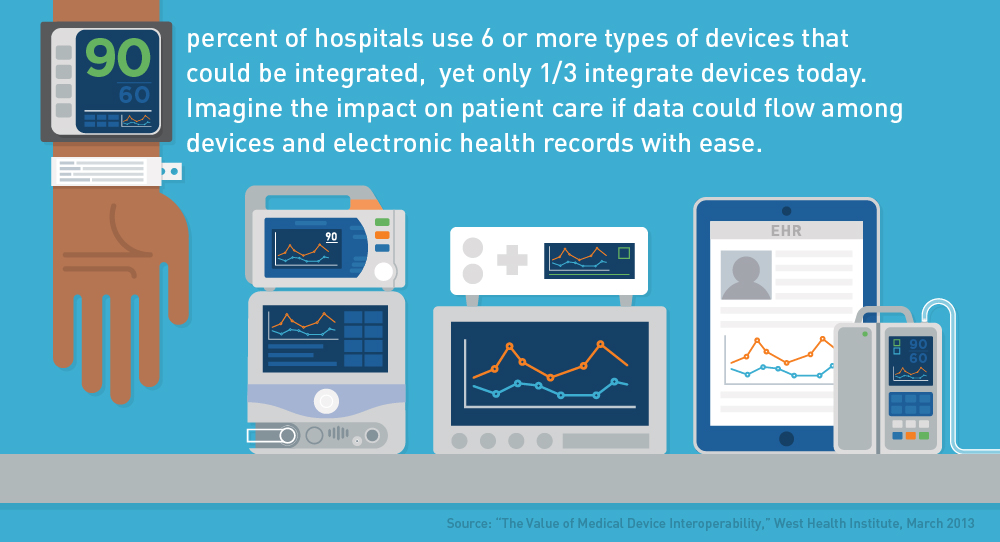
In our latest blog, Dorset Care Record solution architect Andy Hadley explains why it is so important to provide an Integrated Care Record to support people whose lives have been dominated by long-term care needs, including easy access for both them and their carers.
It’s 5am, and it is overdue, write me a blog says @TonyMcDougal1, the fine communications lead for our @DorsetCareRec1 project. Truth to tell it wrote itself on Saturday morning, via twitter; I just need to curate it.
Some folk are more inventive with their Twitter name than me, take my friend in the North, Joe, he has the handle @CompareSoftware. A Child Psychologist, you get the immediate understanding that he is passionate about technology, not for its own sake, but for what it should do for clinicians. And so he chairs the @DHCCIO network, clinicians mostly across these Isles, but also beyond, who are of a similar mind. He is also the driving force behind the greatnorthcarerecord.org.uk.
So pottering about on a Saturday morning, I heard a tweet arrive. First on my phone, and then the iPad, like a pair of birds, echoing the call from a different room. Joe had tagged me and a slew of the others, as he often does.
Shared record with a clearly defined care plan, anyone? This is why @GreatNorthCare people and other Local Health & Care Record folk like @Andy_Kinnear @hadleyac @R1chardatron @ReadmanLuke @AdeByrne @declan_hadley get up in the morning. #datasaveslives https://t.co/CHfUWy20p5
— Prof. Joe McDonald (@CompareSoftware) 12 April 2019
The inews link https://t.co/CHfUWy20p5 took me to a heartfelt account of a failure of “the system”, (our wonderful NHS), to treat Jessica, a teenager who had been recovering via the miracle of heart surgery for about a year, but who presented at A&E, was diagnosed with gastroenteritis. The A&E staff missed the rejection of her previously donated organ. I responded to the tweet, and this led, as Twitter does, to another response about a different patient. @CancerMum said “This is heart breaking and our family’s greatest fear as we live in Kent with a complex pt. The new Kent and Medway Medical Record procurement must take learning from this tragedy have substantive plans to enable access to out of area records. This cannot remain an aspiration.”
The moniker @CancerMum instantly highlights how healthcare has dominated this family’s life, and I attempted to highlight the work going on around the country trying to join up records to support direct care, and to avoid the sorts of failures for Jessica, and support the complex care that some patients receive.
@CancerMum, as it turned out, was both very well informed (and critical) on the local plans in Kent, but had also shared her experience in some detail via a podcast from the Patient Records Standards Board @PRSB. You should listen to it (the first half of the podcast) rather than have me paraphrase, but she highlighted that her child has received thousands of episodes of care over 14 years, many in other parts of England, and even a course of treatment in Paris, that gave her son care that was unavailable here, but created subsequent complications. His GP record contains a jumble of over 350 scanned clinical documents, untitled, and entirely unclassified.
https://www.buzzsprout.com/233739/881525-document-naming-making-care-safer-and-more-accessible
From early in our local project, I wanted to get on with citizen interaction with the record. We agonised on which aspect of citizen held records we should start with. Our supplier favoured filling the shared record for professionals before stepping on the journey, and we chipped away at that. The NHS failing to respect End of Lifecare choices is often held as a key area (and I’ve been pursuing how the Ambulance Services ingest these plans), but we felt that Maternity, the choices that families make around birth planning, and the work being undertaken to reshape Maternity services was a good starting point. https://www.dorsetsvision.nhs.uk/betterbirths/
We have also made some progress with supporting Cancer survivorship, the ongoing surveillance of people living beyond their treatment for cancer. NHS Services face huge challenges – staffing shortages, spiralling demands, with minimal historic investment in digital services, a long way to go. Replacing the hassle of attending an outpatient’s appointment to be told a simple ‘all clear’ message is (an important) hassle for the patient, and poor use of scarce clinician time.
There was a response from a software engineer, which was for industry to work with patients and cut out the slow lumbering NHS from the conversation. I’m really sorry about that as via @interopenapi we have been trying to ensure open collaboration.
The urgency and frustration in @CancerMum’s message, the crushing defeat for Jessica’s family, refocuses for me that our work on getting some experience with generic features, and with supporting the “This is me” health passport style summary is crucial, especially for those whose lives have become dominated by longterm care needs.


